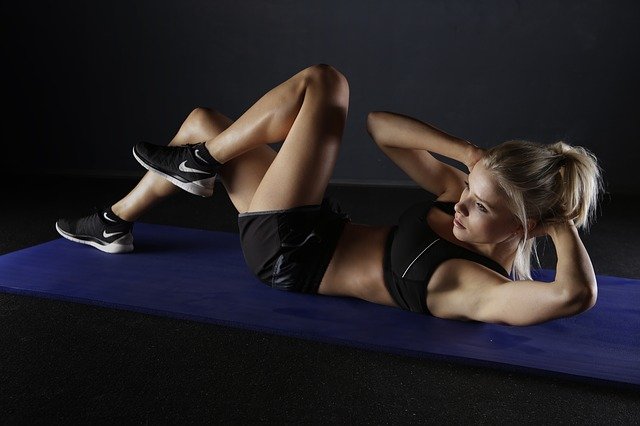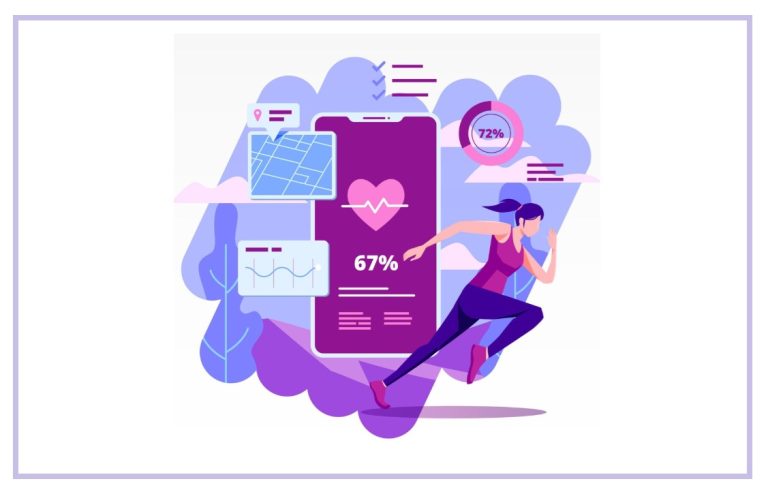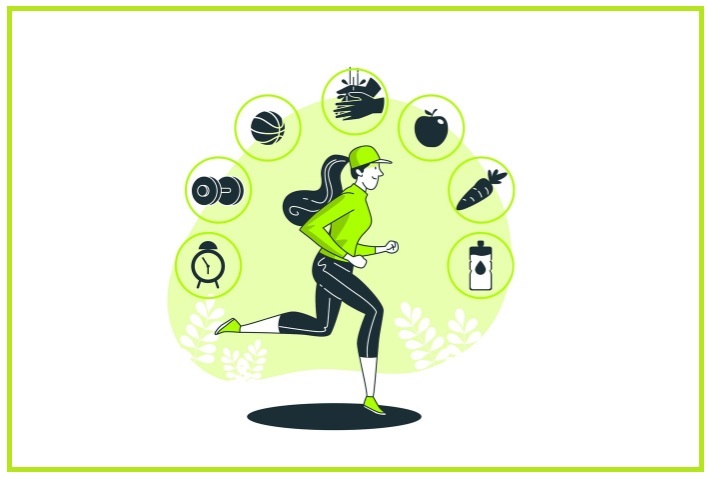
Ever wonder why you seem to prefer those early morning runs. Or tend to work out harder late at night? A recent review, published in the Journal of Sports Science & Medicine. It highlights yet another factor that can possibly be contributing to your ability to perform your best in the gym. A group of researchers from New Zealand believe that by understanding your body’s natural rhythms and response to light. You can achieve better results from exercise.
In this article, we are going to talk about Circadian Rhythms and Exercise Performance.
So without wasting machine of your precious time Let’s Get Started
Circadian Rhythms
Circadian rhythms are the mental, physical, and behavioural changes. It revolves around the 24-hour cycle of our daily lives. Similar to the concept of the “biological clock,” our circadian rhythms are primarily influenced by light cues. All living organisms have circadian rhythms, including people, primates, pets, and plants. Circadian rhythms can affect our body’s sleep cycles, hormone levels, body temperature, and a number of other physiological processes.
Effects on Exercise
In their review, Weeping, Newton, and McGeehan (2011) found that circadian rhythms can influence your exercise results in a variety of ways. Perhaps the most significant finding was that enhanced exercise performance. It typically occurred in subjects during the early evening hours.
These researchers also found that individual hormones, specifically testosterone and the stress hormone, cortisol. Both had their own natural circadian rhythms. Past research has shown a direct relationship between these hormones and exercise.
Higher levels of testosterone boosting exercise performance, and cortisol hindering it. Circadian rhythms were also significantly related to body temperature. Past research has demonstrated that prolonged warmups allow the body to reach higher temperatures. It resulted in increased power output and decreased fatigue during exercise.
Finally, while Weeping and colleagues did not discuss the issue of light. Other research (e.g., Leproult et al., 1997) has demonstrated that increased lighting can enhance exercise performance. Although this finding was significantly related to the amount of exposure time.
What This Means for You
Most people already know that warming up before exercising is wise. Because it can prevent injuries. Especially when you start to run on fitness equipment like Treadmill. However, increasing body temperature appears to have a hormonal effect. That can have you working out longer and harder than you ever thought possible.
While each person has his or her own chronotype, or a specific, innate, time of day at which they function best. Your hormonal profile is likely to be more conducive to optimal exercise performance during the twilight hours of the day, under bright lights, and after a
Sufficient warm-up
If you’re a morning exerciser and find yourself in a lull, try working out in the evening. If you never warm-up before you hit the weights, make sure to get that body temperature up first. Finally, get plenty of sleep. Your body’s master clock, known as the suprachiasmatic nucleus, controls the production of melatonin, the chemical that makes you feel sleepy.
The SCN is located just above the optic nerve, which receives information about the amount of light coming in. When under dim lights, you are more likely to feel sleepy than when under the bright neon lights in the gym. The amount of sleep you receive has a significant effect on your hormone levels, which can be the difference between a good workout day and a bad one.
Conclusion
We have shared here about the Circadian Rhythms and Exercise Performance. So still if you have any questions and Qualify related with so feel free to comment on the Website called Gedgetsworld. We will definitely reply to your Query.


